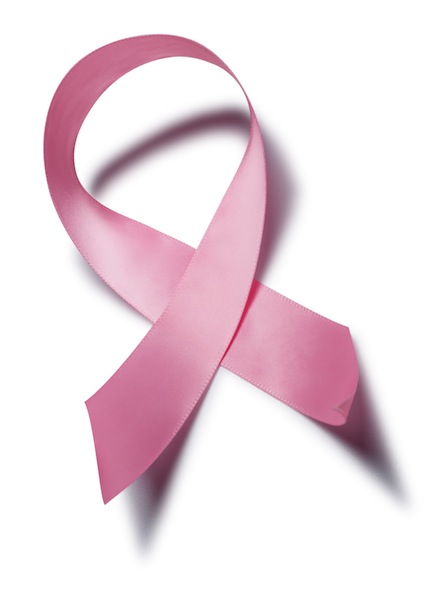Local physician Sesalie Smathers writes about what it means to treat breast cancer on a day-to-day basis, and gives the community facts about this disease during Breast Cancer Awareness Month.
As a local physician who treats breast cancer patients, I am grateful for the opportunity to address several issues regarding breast cancer and women who are undergoing treatment for this diagnosis. The treatment of breast cancer is complex and should involve a multidisciplinary approach. When surgeons, plastic surgeons, radiation oncologists, and medical oncologists work together, the patient benefits. In the last few years, there have been exciting advances in all of these specialties, promising not only more cures, but less physical and psychological impact on individual women who require treatment. Women facing a breast cancer diagnosis can now be comforted in knowing that recent studies have shown that it may be possible to achieve the same cure rates with less surgery, more selective use of chemotherapy, use of more targeted chemotherapeutic agents, and less radiation.
Additionally, many doctors now recognize benefits of integrative therapies to treat not only the cancer, but the person as a whole. For example, Mission Hospital, my colleagues and I consult with an integrative medicine service who offers a variety of interventions that address “the whole patient” during therapy. These interventions include massage therapy, pet therapy, biofeedback and aromatherapy. Patients also have access to nutritionists, geneticists, physical therapists, and other health care providers. Our patients’ care is also enhanced through interactions with Breast Program Nurse Navigators who help guide them through all phases of their treatment.
Despite new treatment advances, one should not forget that the most substantial decrease in breast cancer mortality has not been through the development of a miracle drug, but in the widespread adoption of mammographic screening. The benefit of mammograms lies in the ability to pick up early breast cancers before they can become a major threat to a woman’s life. The American Board of Radiology recommends beginning routine mammographic surveillance for all women at age 40, younger if there is a strong family history.
State of the art digital technology allows mammographers to see smaller breast cancers with less radiation exposure than in previous years. These advances in screening should continue to result in further decreases in the overall breast cancer death rates, and thus the importance of routine mammographic surveillance cannot be overemphasized.
The chance of developing any breast cancer is related to a complex mixture of environmental exposures and genetic predispositions. Although a woman cannot change her individual genetic risk factors, she can affect her breast cancer risk in other ways. There is a growing body of knowledge about the benefits of exercise, both with respect to breast cancer prevention as well as reduction in cancer recurrence rates in breast cancer survivors. It has been know for many years that breast cancer risk increases proportionately with increasing exposure to higher estrogen levels. In postmenopausal women, the primary source of this estrogen is adipose tissue, or fat. One can decrease these estrogen levels through regular exercise and maintaining a healthy weight, thus helping to reduce ultimate breast cancer risks.
During Breast Cancer Awareness Month let us use this opportunity to make lifestyle changes that will result in a reduction in breast cancer risks and in overall better health. Make your appointment for your screening mammogram if you are overdue. Exercise regularly and maintain a healthy weight. Women with a breast cancer diagnosis can take hope in the advances that have been, and are being, made every day.
Sesalie Smathers is a native of Western North Carolina, who joined Mountain Radiation Oncology located in Asheville in 2001. Her areas of practice interest include breast cancer, central nervous system tumors and CyberKnife radiosurgery. Dr. Smathers is married with two children and is a member of the Western Carolina Medical Society.




Before you comment
The comments section is here to provide a platform for civil dialogue on the issues we face together as a local community. Xpress is committed to offering this platform for all voices, but when the tone of the discussion gets nasty or strays off topic, we believe many people choose not to participate. Xpress editors are determined to moderate comments to ensure a constructive interchange is maintained. All comments judged not to be in keeping with the spirit of civil discourse will be removed and repeat violators will be banned. See here for our terms of service. Thank you for being part of this effort to promote respectful discussion.